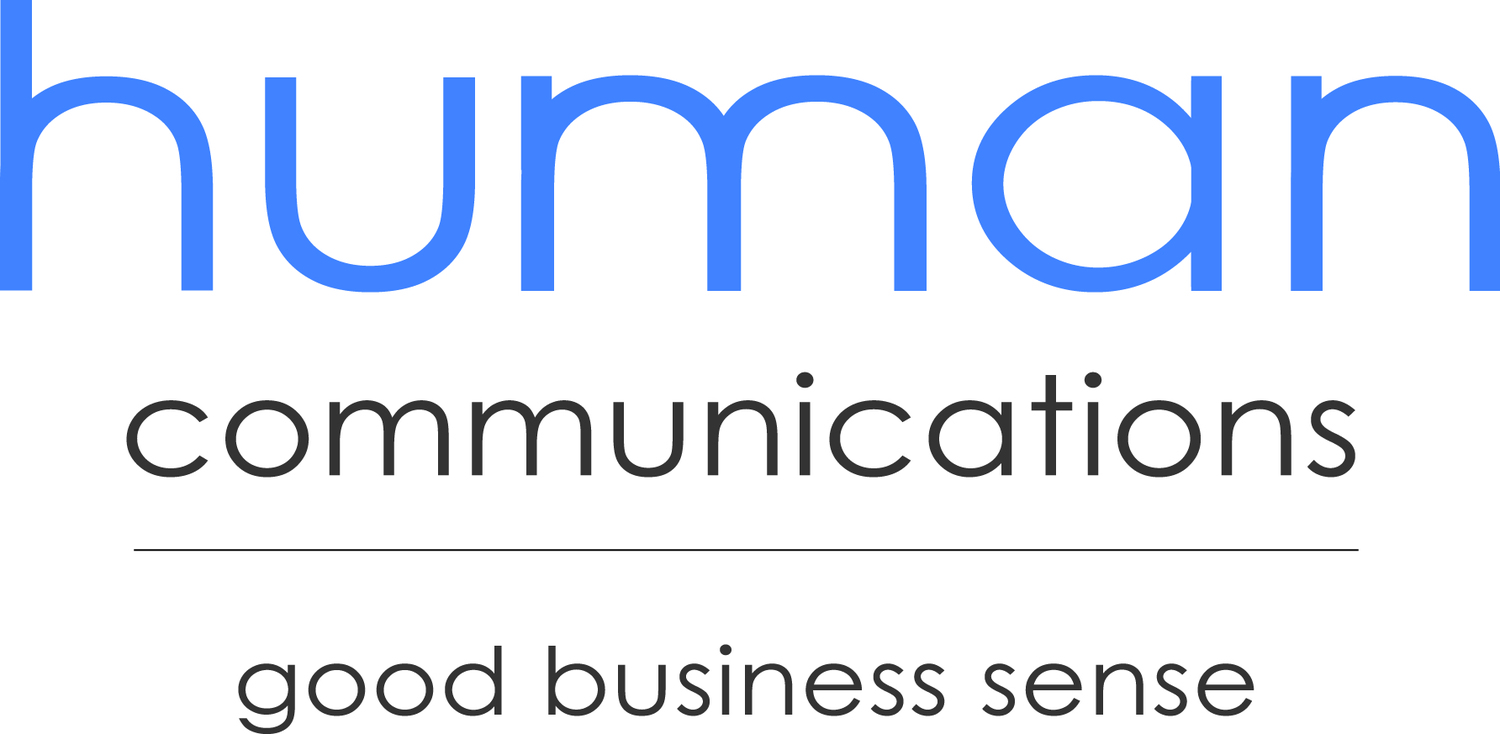Should you abandon Latin terms in your business?
The UK Government recently announced that it is to ban certain abbreviations from the pages of its main website – GOV.UK – as it updates its style guide to better cater for visually impaired website visitors.
As part of its commitment to using plain English, the Government plans to phase out the use of Latin abbreviations such as 'eg, ie and etc' on the website, replacing them with English alternatives like 'for example', 'that is' and 'including'.
The website's content team, the Government Digital Service, will apply this approach to newly published content first and will update existing pages on the site as needed.
“We promote the use of plain English on GOV.UK. We advocate simple, clear language. Terms like eg, ie and etc, while common, make reading difficult for some.
Anyone who didn’t grow up speaking English may not be familiar with them. Even those with high literacy levels can be thrown if they are reading under stress or are in a hurry - like a lot of people are on the web.”
According to Persis Howe, the author of the blog post announcing the change, the main reason for it is to avoid any confusion caused by screen-reading software, which can mispronounce certain terms – for example, reading out 'eg' as 'egg'.
However, some media outlets have suggested it is to avoid confusing non-English speakers, based on the Government's recognition that those who didn't grow up speaking English 'may not be familiar with' these terms.
But whatever the reason for this change, are there any lessons for your organisation? Should you avoid using Latin terms too?
Should your organisation change the language it uses?
The fact that the UK Government is phasing out such terms may suggest that your organisation should do the same. But it really depends on your audience.
As the Government's announcement suggests, the important thing is to use simple, clear language in your communications – and use plain English whenever it can help to avoid misunderstandings.
If you're confident that your colleagues and customers will know the difference between 'e.g.' and 'i.e.', then by all means keep using these abbreviations in your business writing.
For example, if your audience is made up of corporate clients who are likely to use such terms in their own businesses, they shouldn't have a problem understanding them.
But if you think some of your customers may be confused by these abbreviations – or are likely to be using screen-reading technology – it may be best to use plain English alternatives.
Similarly, consider the tone and style of your business communications. Latin abbreviations might be fine coming from a business that sells legal or financial products to other companies, but may sound a little awkward if used by a start-up selling direct to consumers.
As always, any decisions on your organisation's language, tone and style should consider whether your intended audience will easily understand your content.
What changes is the Government making to its digital style guide?
To replace terms such as eg, etc and ie on its main website, GOV.UK, the Government Digital Service has suggested several alternatives:
- For 'eg', it suggests using 'for example', 'such as', 'like' or 'including'.
- Instead of using 'etc', it suggests saying 'for example', 'such as' or 'including'.
- It suggests not using 'ie' to clarify a sentence because the term isn't always well understood – many people confuse it with eg. Instead, suggests the Government, you can use alternatives such as 'meaning' or 'that is'.
The style guide changes set out by the government digital service
If you need help tailoring your business writing to your audience, why not try out our editing services? We'll help make sure your language is clear and can be easily understood by your readers. Send us a document for editing now.




Research conducted by law firm looked at complexity of social media terms and conditions.